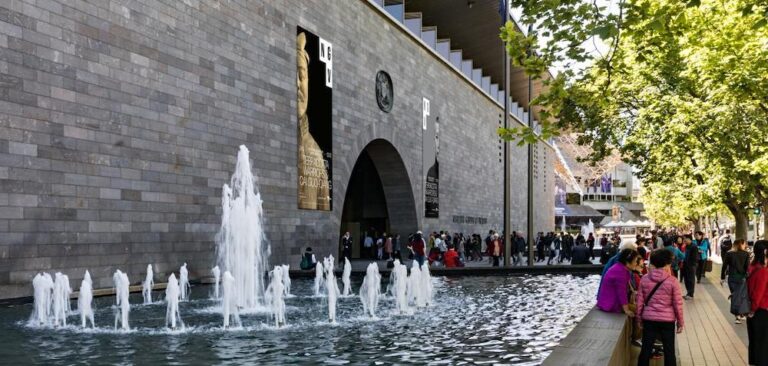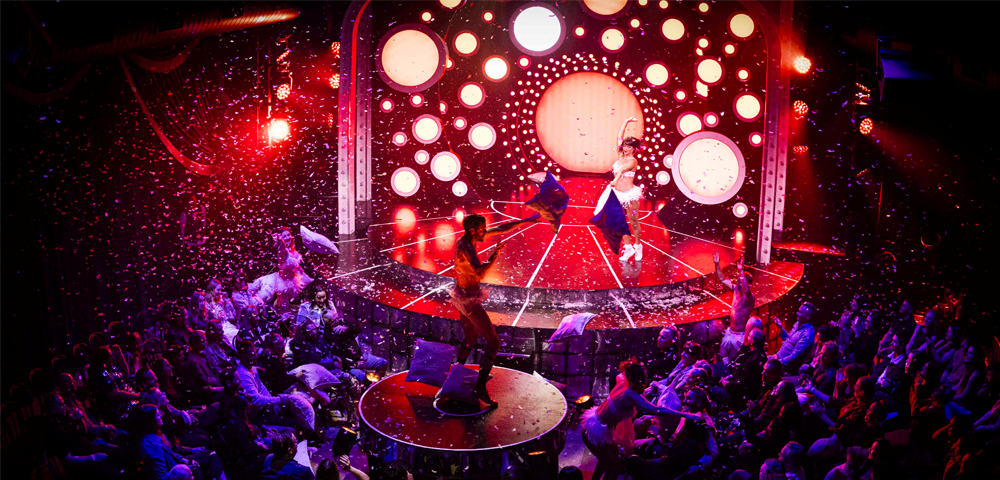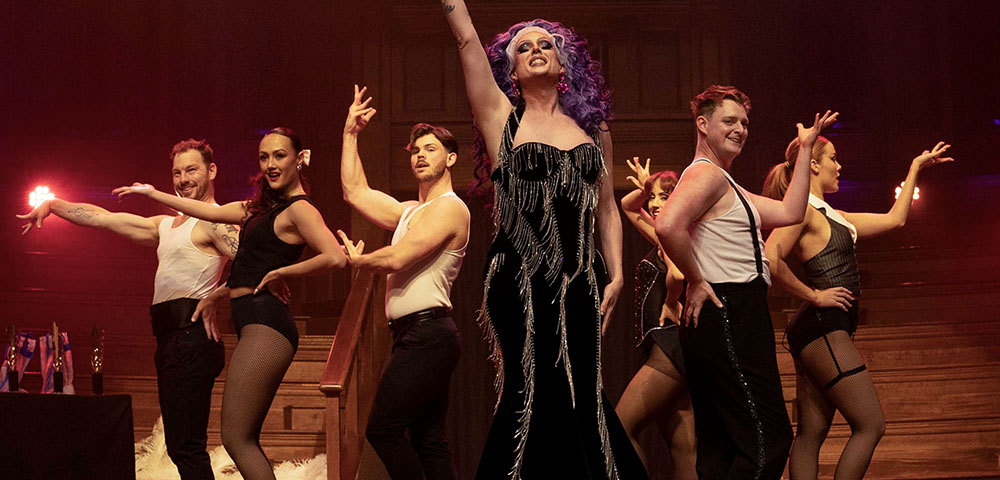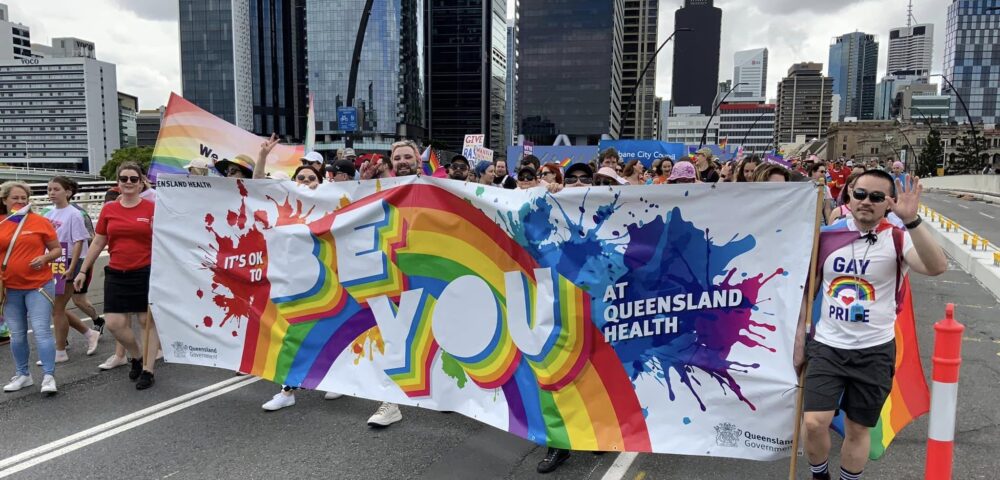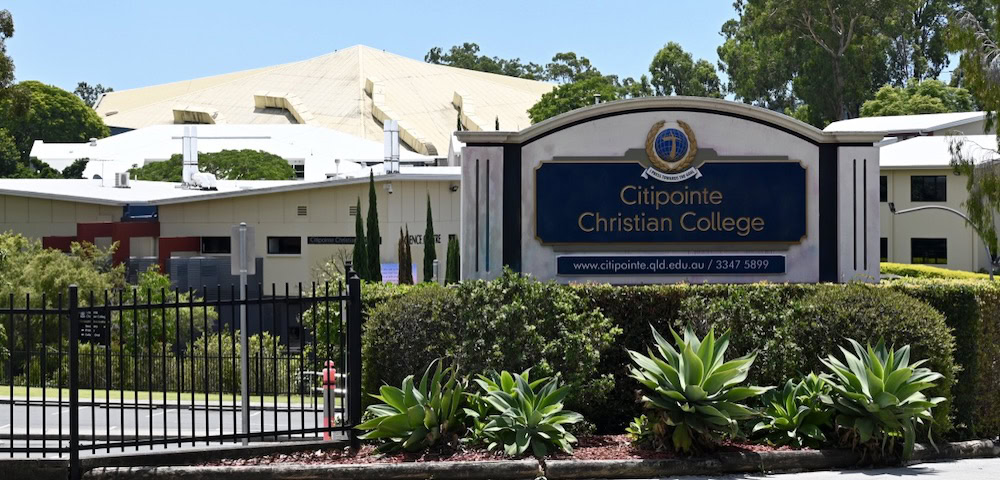
Queensland police say domestic violence is under-reported in the LGBTI community
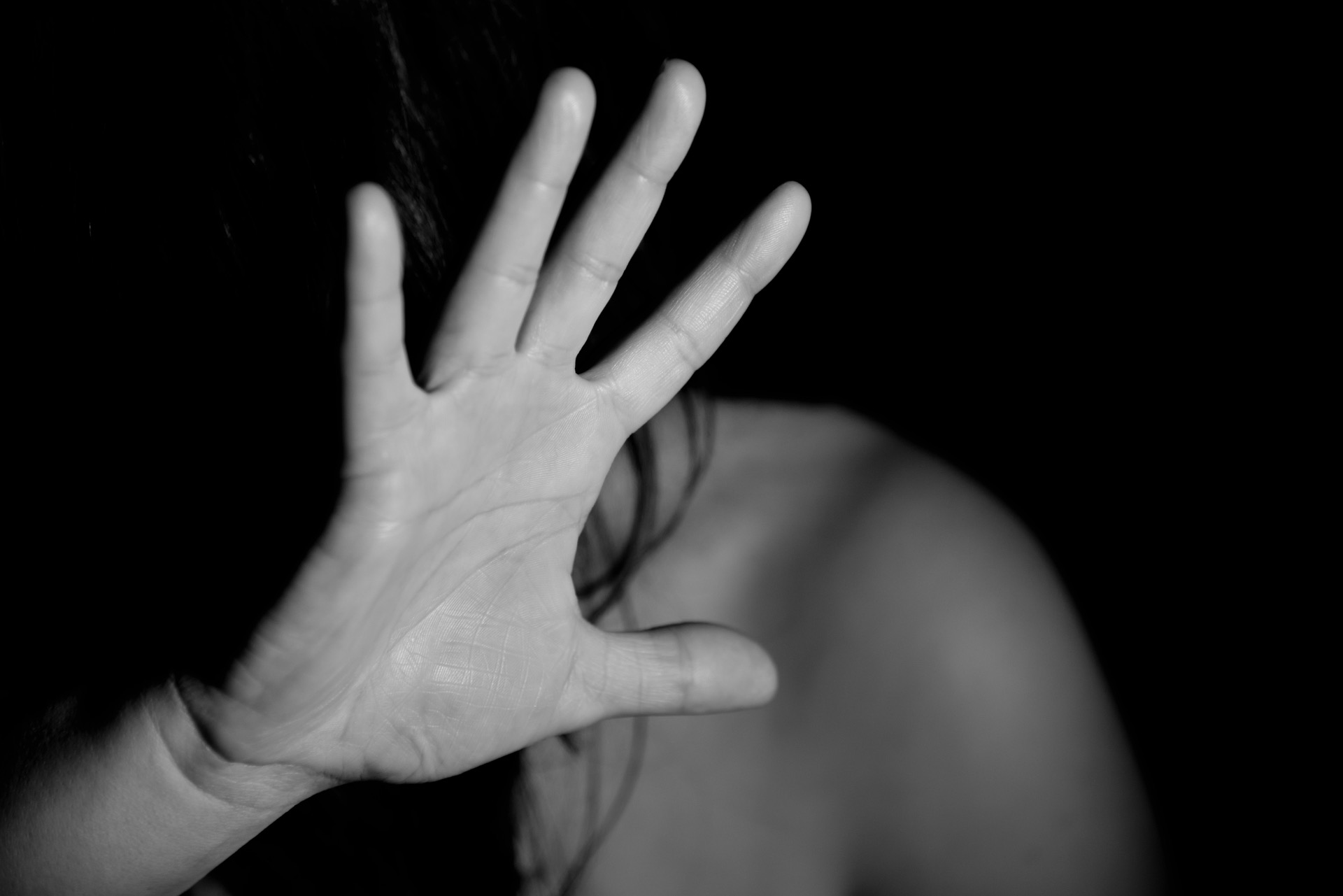
Queensland activists are calling for more support for LGBTI people affected by domestic violence.
The Queensland Government has committed $155,000 for a program delivered by the Queensland AIDS Council to train workers in responding to LGBTI domestic violence, ABC News has reported.
“We want to equip frontline workers to recognise domestic and family violence in the LGBTIQ+ community and respond to perpetrators, victims and their children,” said Di Farmer, Minister for the Prevention of Domestic and Family Violence.
“This project will focus on training staff in the domestic and family violence sector as well as other relevant professions so they know what to do when faced with these situations.”
The Queensland Police Service said domestic violence is under-reported in the LGBTI community, due to factors including fear of police and outing.
“There’s tens of thousands of victims of domestic violence who aren’t being represented at the moment,” said Senior Constable Ben Bjarnesen.
He said the police are building connections with LGBTI people, and specially trained liaison officers are available across the state.
“If a community member wants to report something we can be their first point of contact as that sort of person who they know is going to be trained in LGBTI issues,” said Bjarnesen.
“They know that they’re not going to be judged, or treated poorly or anything like that.
“There’s a misconception of homophobia by police which can prevent people from coming and reporting.”
Phil Browne from the Queensland LGBTIQ Action Group agreed that domestic violence in the community is under-reported.
“We’re all aware that domestic violence is quite an issue within the general community, but it can be more so within the LGBTI community, and it is under-reported,” Browne said.
“Historically relations between LGBTI people and police have been quite chequered at times.
“Under the Joh Bjelke-Peterson era there was a lot of damage done to LGBTI people and the relationship with the police service.”
Senior Constable Bjarnesen said that in addition to the police service’s work building bridges with the LGBTI community, more work was needed to make people aware of the problem of domestic violence.
“It’s seen to be a heterosexual female problem,” he said.
“We need to start a conversation and get it happening between people their families, their friends, and get the understanding out there that it is a problem, it is happening and we all need to be aware it’s there.
“Once we’re aware it’s there, we can better respond to the issue.”



